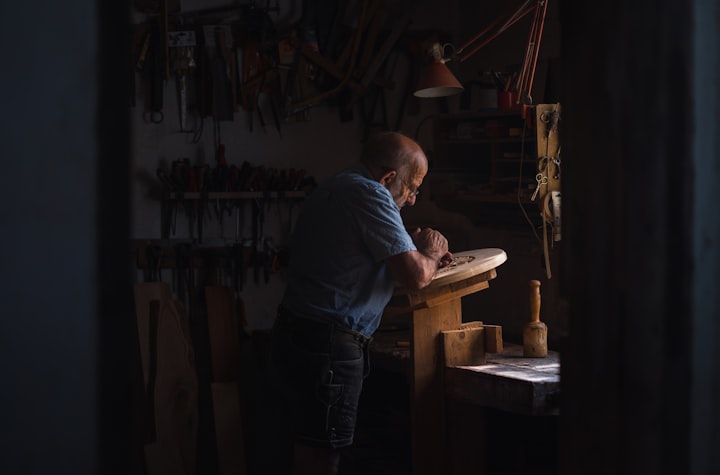
More people are turning to homesteading as a way to lower their environmental impact and increase their self-sufficiency. While it can be done on a part-time basis, most homesteaders aim to reduce their off-property work. That might mean producing enough surplus to sell, developing a barter network to secure items you can't produce or finding an income opportunity that includes your homestead. It is much easier to meet financial needs when you can cut expenses. There are plenty of ways to do that around a homestead. Many of them also help to increase your sustainability, too.
1. Practice Preventative Maintenance
You know what they say about an ounce of prevention, right? Well, that applies to your homestead, too. Regular maintenance will prolong the useful life of most appliances, equipment and home systems. It also keeps basic tools and gadgets working more efficiently. So, you can save money by keeping them running longer and also by using less power to do it. A few basic tips for maintenance that should be done in every homestead:
Use a water heater cleaner to reduce sediment
Change filters on all HVAC systems after every month of use
Perform an annual tune-up on both a/c and heating systems
Keep coils and motors of major appliances clean and free from dust buildup
Trim trees and shrubs away from the foundation of buildings
2. Learn How to Repair Things That Break
It seems that goods get more and more disposable every year. So, even with preventative maintenance and the best care, some things will still break over time. That doesn't mean they can't be fixed, however, or that you have to call in an expensive repair person to do the work. You might be surprised at the similarities among the inner working of most basic yard equipment. Take a small engine repair class at your local community college to get the basics down. You can also brush up on a few basic home improvement skills like plumbing and electrical to help keep costs down.
3. Use Sustainable Farming Techniques
Producing your own food is a huge part of homesteading and there are many ways to do that. Take the time to learn about sustainable agricultural techniques. Using native plants is a great way to get started. Not all corps you enjoy are well suited to your area. By focusing on the ones that are, you reduce the amount of water, weeding and fertilizer needed to bring them to harvest. Crop rotation, cover cropping and companion planting are also valuable tools. They allow each crop to nourish the others and enrich the soil over time so it produces more with even less effort. Plus, the food you produce with these techniques will have a much higher nutritional content than anything you can find in the grocery store.
4. Preserve Your Homegrown Food
All of that food needs to be preserved for the times when it isn't coming in. A large freezer is a good way to start, but it certainly isn't your only food preservation option. In fact, an argument could easily be made that canning, freeze-drying, fermentation, salt curing and smoking are all more effective and efficient methods to use on a homestead. Once finished, food put up with these methods requires no electricity to maintain. You might even find success with an old fashioned root cellar for storing some fruits and vegetables. Your local cooperative extension office will be an invaluable resource in these efforts. Reach out to the office to find out about available classes and workshops where you can learn basic food preservation skills.
5. Create a Rainwater Harvesting System
Between keeping crops and animals watered and supplying water to buildings, it can quickly become a major expense on a homestead. Rainwater harvesting allows you to collect and store all of the free water provided when it






Comments
There are no comments for this story
Be the first to respond and start the conversation.